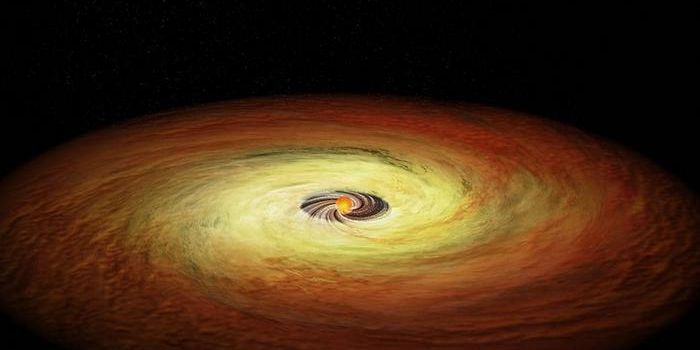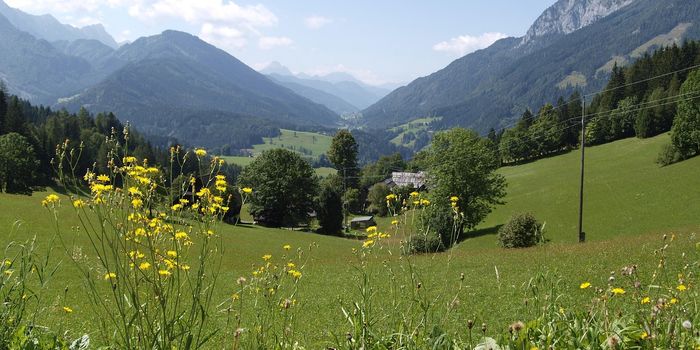The other side of the climate shift
New research published in Nature Climate Change explains how climate change is affecting long-established atmospheric and oceanic patterns. The study comes from researchers at The Ohio State University and is one of the first to consider how climate change is affecting heat transfer, which plays a crucial role in making the majority of our planet inhabitable.
"The greenhouse effect and carbon dioxide aren't the only issues to consider as the planet grows warmer -- they are just one part of the equation,” explains Zhengyu Liu, co-lead author of the study. “The way that the atmosphere and oceans move heat around is changing, too, and this could have significant effects on temperatures around the world.”
Liu, along with fellow researcher Chengfei He, used model simulations in order to better understand heat transports (also referred to heat transfer) both from the atmosphere and from oceans. Analyzing historical temperature data from the oceans, they compared how heat transports have changed over time. The ultimate goal of the study is to use this data to illuminate how heat transports and big climate patterns will be impacted under future climate conditions.
According to Science Daily, the results that the researchers found determined that “warming temperatures are driving increased heat transfer in the atmosphere, which is compensated by a reduced heat transfer in the ocean. Additionally, excess oceanic heat is trapped in the Southern Ocean around the Antarctic.”
Liu elaborates: "The ocean stores a lot of heat and in the last 50 years that has increased. And we can correlate that directly with increases in atmospheric carbon dioxide caused by human activity. Most studies like this have looked at future changes, hundreds of years from now. We examined the near-term differences of a warming climate."
The authors are hopeful about the significance of their findings, stating, “These results provide new insights to further our understanding of future heat transport responses, and thereby global climatic processes such as the redistribution of ocean heat.” They urge that more research is needed in order to dive deeper into the complexities of the future of heat transfer.
Sources: Science Daily, Nature Climate Change









